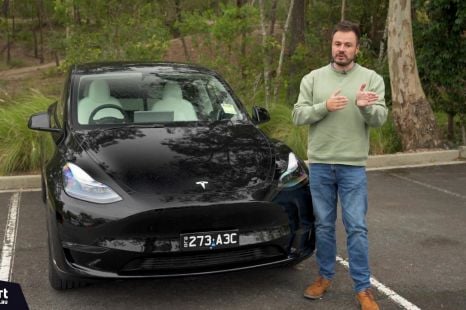

Paul Maric
This Tesla self-drove me 50km to Bunnings on its own (almost)
6 Days Ago

News Editor
SAIC Motor’s Maxus brand – known here as LDV – has revealed an electric ute concept at this year’s Shanghai motor show with chunky, Hummer-like styling.
The Maxus GST features body-on-frame construction and a quad-motor all-wheel drive powertrain with 746kW (1000hp) of power and a claimed peak torque output of 14,000Nm, good for a 0-100km/h time of around three seconds.
According to the company’s translated press release, its semi-solid state battery – which features cell-to-chassis construction – affords the concept 1000km of range.
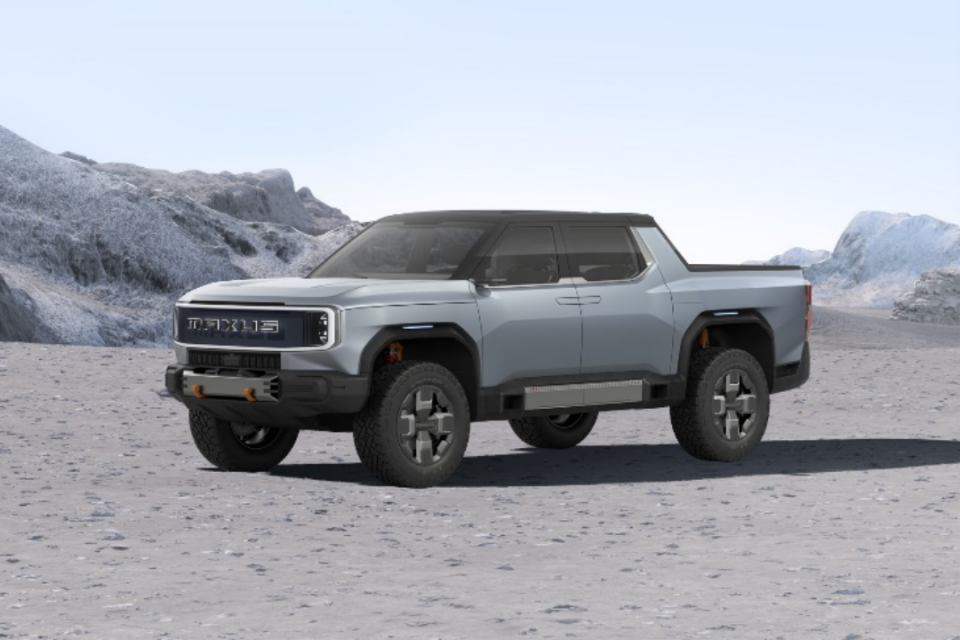
An 11kW V2L function allows you to power small appliances.
It also boasts a tank turn function, as well as air suspension, a claimed 400mm of suspension travel, 12 terrain modes and what Maxus calls an all-terrain automatic escape function.
The latter, according to the press release, uses sensors to scan the terrain and establish a 50m range in front of the vehicle.
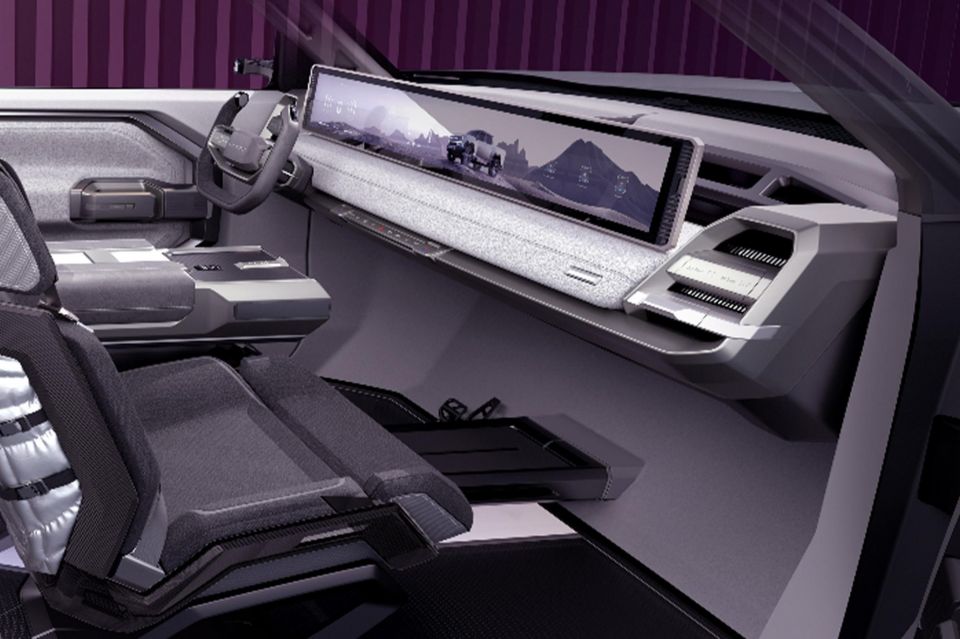
The GST features a new design language for the brand, which the company refers to as “new electrified armour”.
Chinese automakers of late have been embracing bluff, boxy design language – BYD’s Yangwang U8 and Chery’s Jetour Traveller are a couple of examples – while also rolling out more utes as the format becomes more accepted and permissible to drive throughout the country.
Inside, there are more design elements proving popular with Chinese brands at the moment, including a steering yoke and a pillar-to-pillar screen assembly.
The coach doors and lack of a B-pillar are much more concept car-like, however, as is the presence of a front passenger seat that can be swivelled to face the rear occupants.
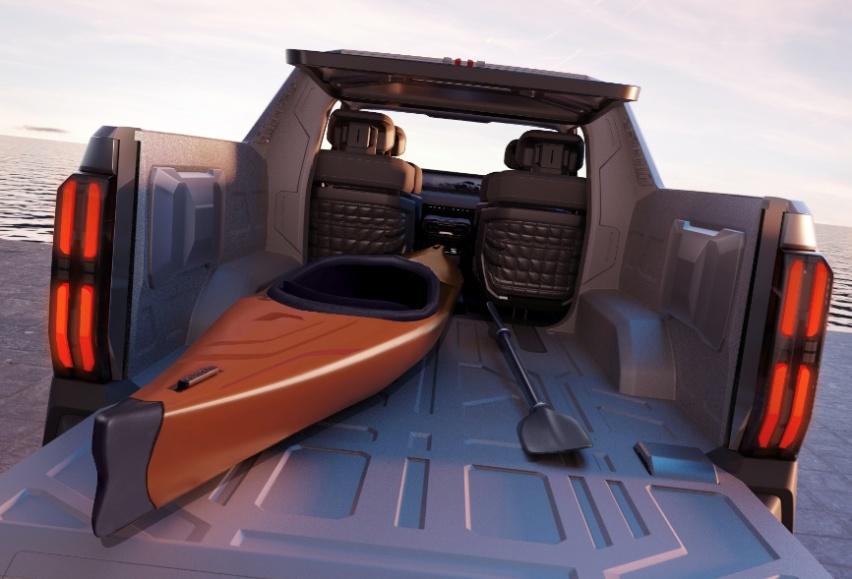

The barrier separating the tub and the cabin can also be opened, and the rear seats can rotate 180 degrees and slide all the way to the tailgate – ideal for fishing, Maxus says.
It’s unclear just how much the GST previews future Maxus/LDV product.
The company already offers an electric ute, the eT60, which last year became the first electric ute in Australia from an established automaker. But it’s simply an electric version of an existing, combustion-powered model, and not a clean-sheet vehicle like the GMC Hummer EV or even a heavily overhauled ICE model like the Ford F-150 Lightning.
Where expert car reviews meet expert car buying – CarExpert gives you trusted advice, personalised service and real savings on your next new car.
William Stopford is an automotive journalist based in Brisbane, Australia. William is a Business/Journalism graduate from the Queensland University of Technology who loves to travel, briefly lived in the US, and has a particular interest in the American car industry.


Paul Maric
6 Days Ago
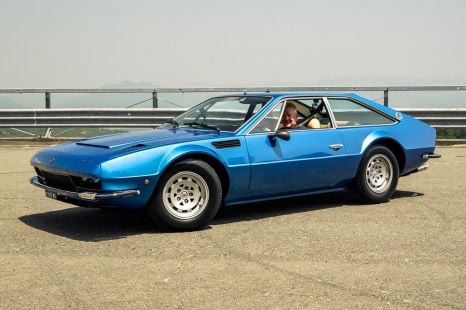

Anthony Crawford
5 Days Ago
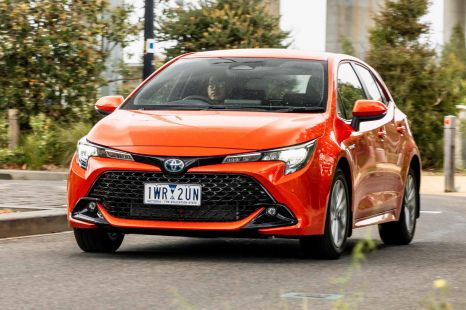

Max Davies
4 Days Ago
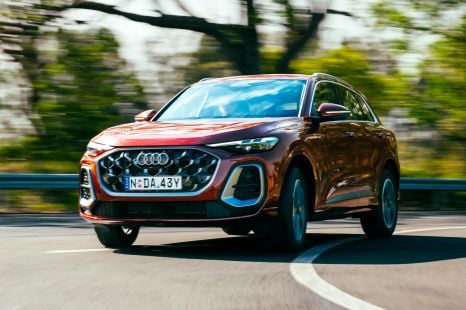

James Wong
3 Days Ago
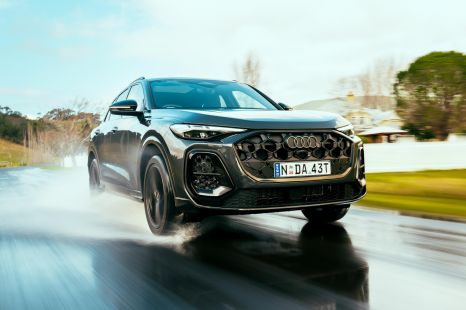

James Wong
2 Days Ago
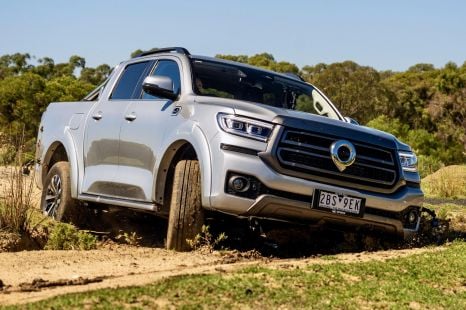

Max Davies
1 Day Ago